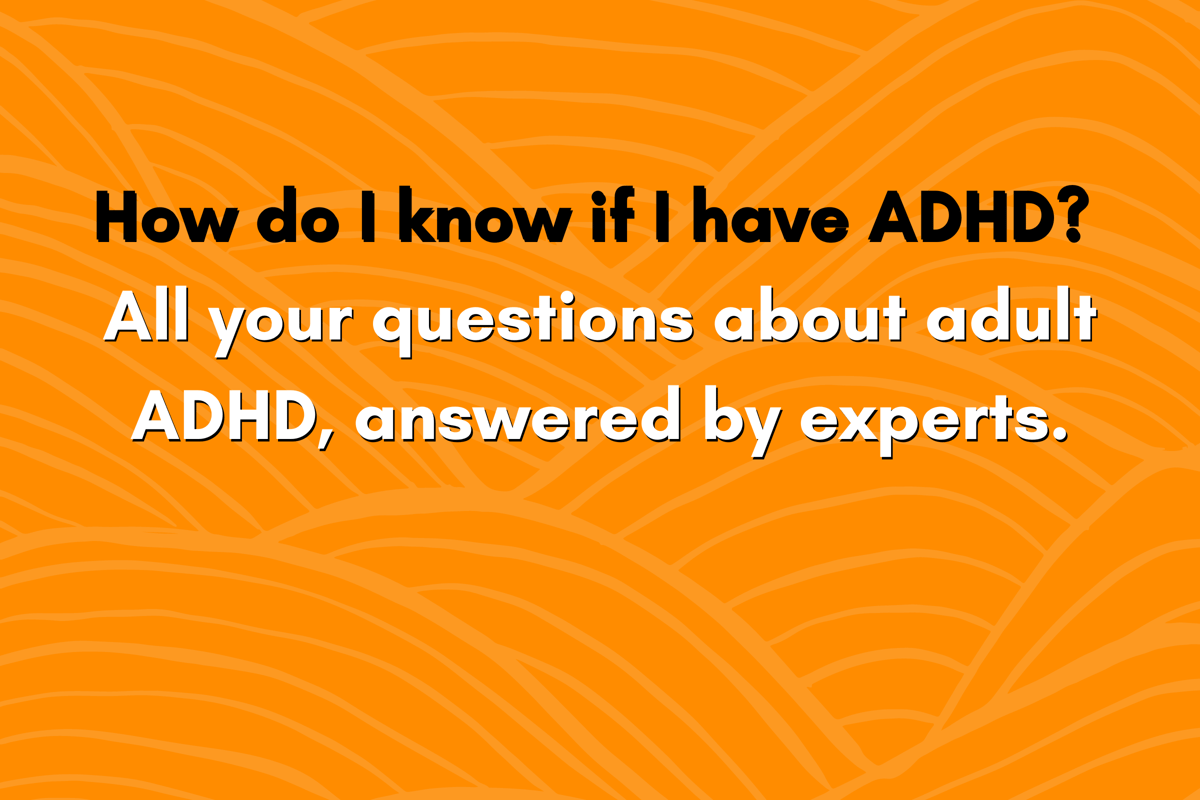
Tell us - what do you think of when you try to picture someone with ADHD?
That naughty boy in primary school? The hyper kid who was always fidgeting and couldn't sit still? The one kid who always had to be the centre of attention?
Chances are, you never think of a girl.
You never think of that girl in your class who was always a bit of a 'scatterbrain'. A 'daydreamer'. The one who always seemed disorganised. Distracted.
That's because the stereotypes of ADHD very much still exist. And for decades, the signs of attention deficit hyperactivity disorder (ADHD) and attention deficit disorder (ADD) in girls have been missed.
Watch: Here are seven health myths debunked. Post continues below.
"With stigma comes silence and misunderstanding, and particularly for women conditions like autism and ADHD have often been misinterpreted as other diagnoses or been thought of as things that don’t affect them," said medical doctor and psychiatry resident Dr Kieran Kennedy
This means many girls and women remain undiagnosed and overlooked - unaware they have the condition and not receiving the help they need.


Top Comments